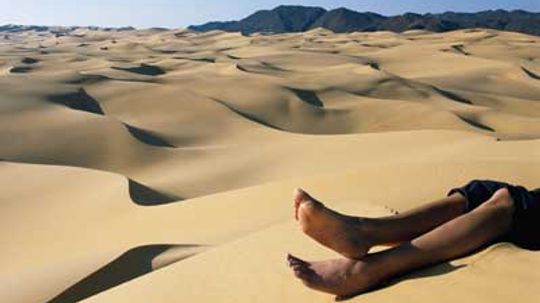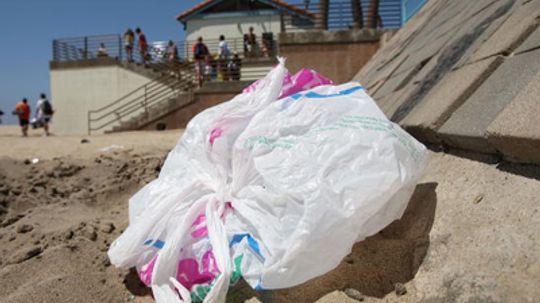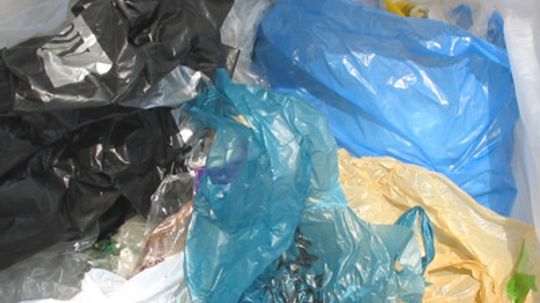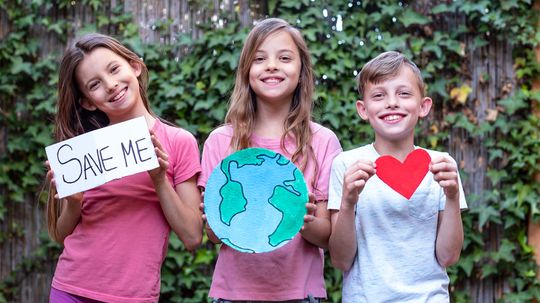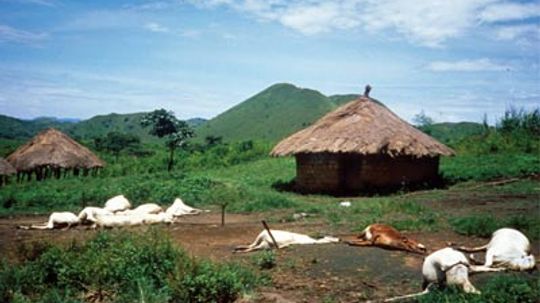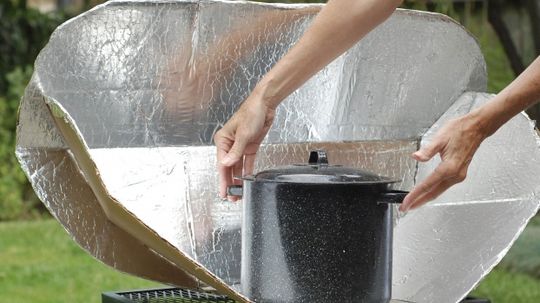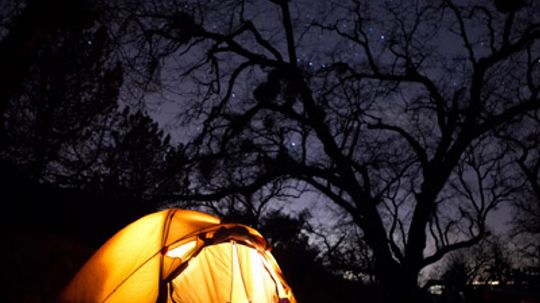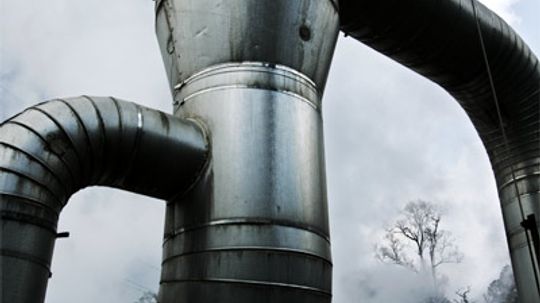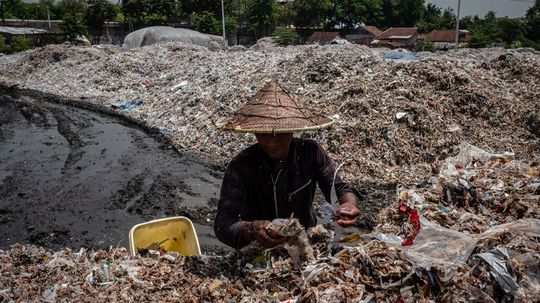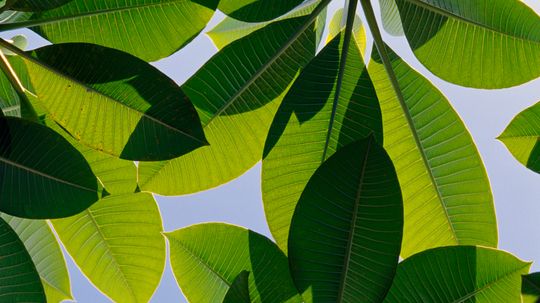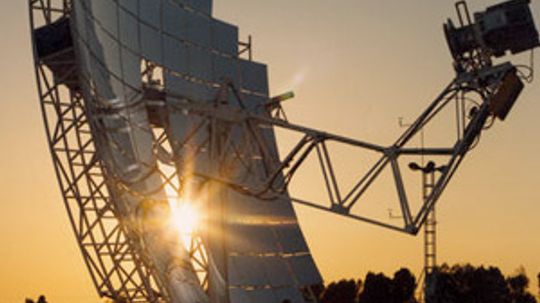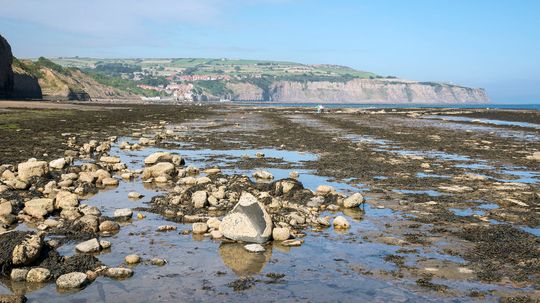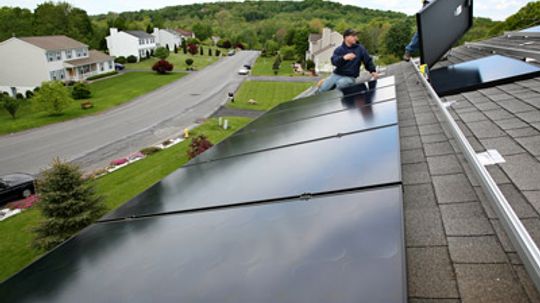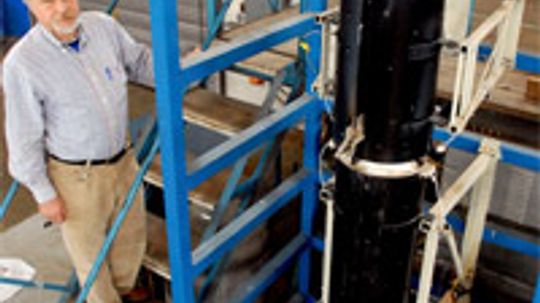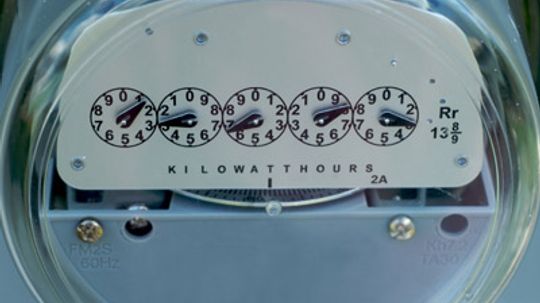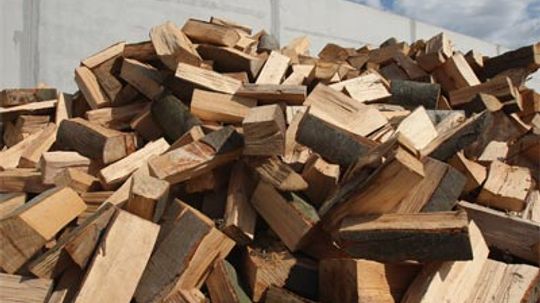Environmental Science
The environment is truly a thing of beauty and should be protected whenever possible. What can we do to save the environment, and what new technology is available to help us?
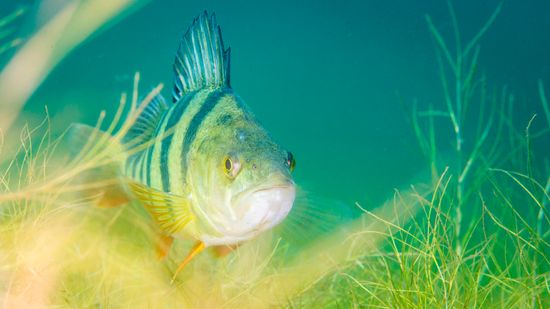
The Fish Doorbell Isn't a Joke ... Seriously
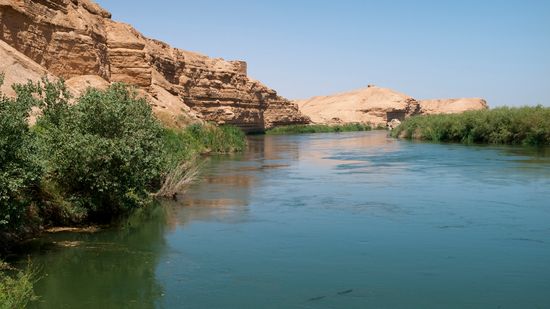
The Euphrates River, at the 'Cradle of Civilization,' Is Drying Up
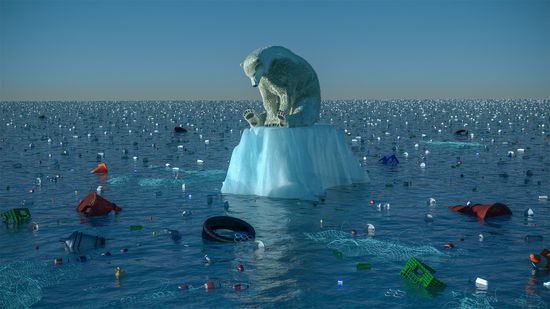
Study Says 2035 Is Climate Change Point of No Return
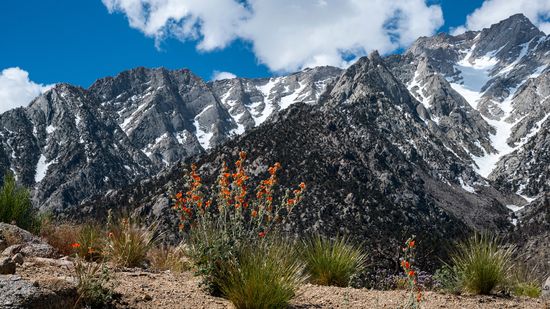
What State Has the Most Mountains in the U.S.? 8 Peak Records
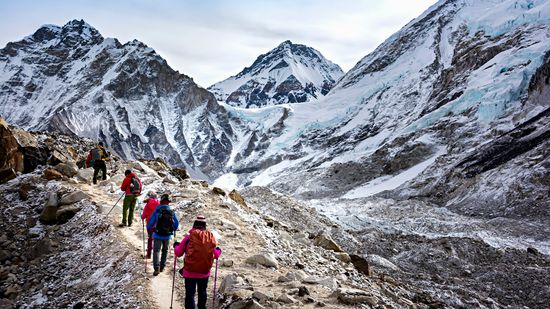
The Most Dangerous Mountain to Climb (and 14 Giving Steep Competition)

15 Types of Gemstones to Add a Little Sparkle to Your Life
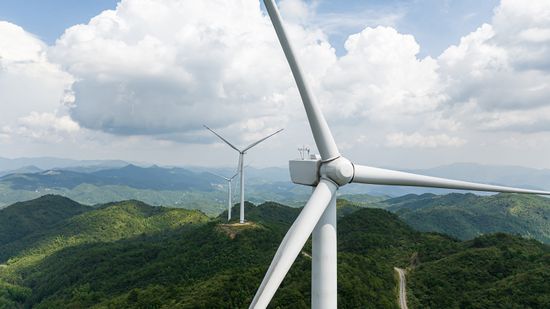
How Many Birds Are Killed by Wind Turbines, Really?

How a Lithium Mine Works and Impacts Local Communities
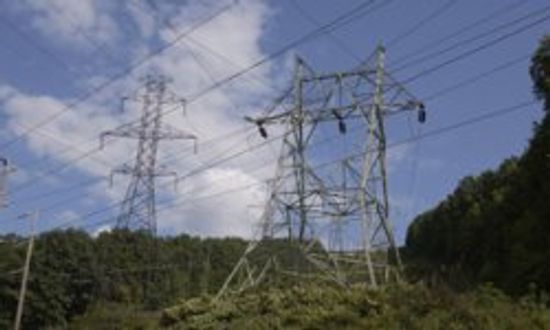
How to Sell Electricity Back to the Grid
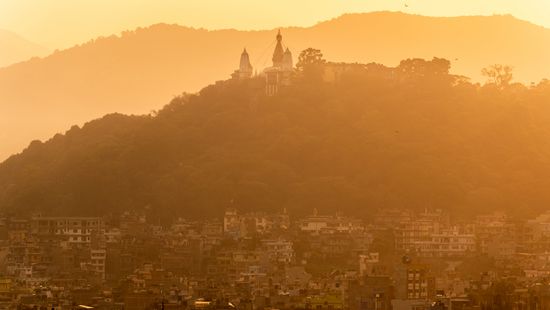
The Worst Air Quality in the World Is in Mountainous Terrain

The World Hits 8 Billion People; Is That Good or Bad?
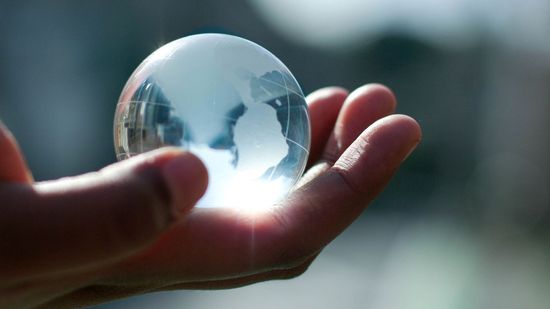
Quiz: Can You Tell Climate Change Fact From Fiction?

6 Most Futuristic Cities Powered by Renewable Energy
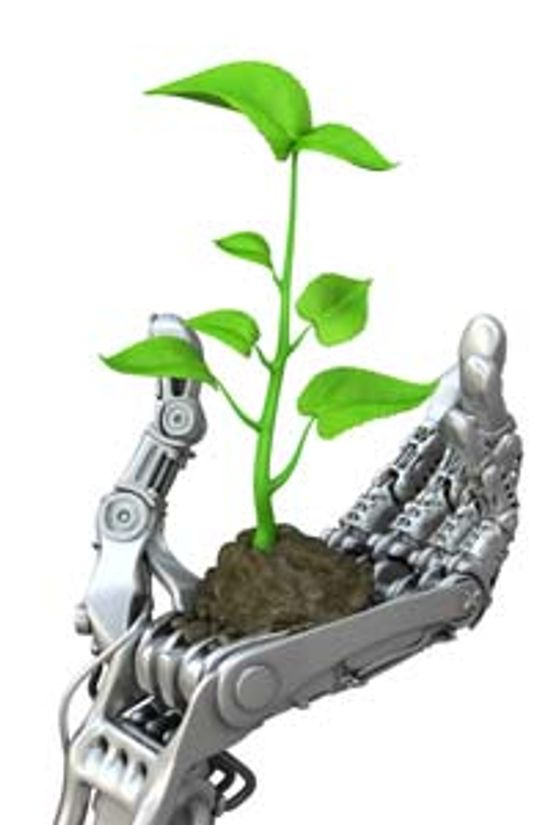
Top 5 Green Robots
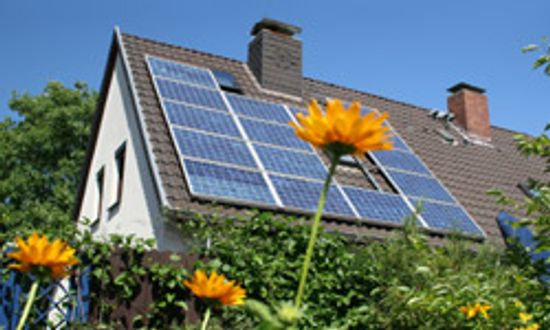
5 Things to Consider When Building a Solar-powered Home
Learn More / Page 9
Sand dunes belch, moan and hum. They roll across the desert, seeking out new locales. You might even say they breed. It's no wonder people call these giant sand formations lifelike.
By Debra Ronca
Plastic bags are generally unsustainable. Even if they are biodegradable, they take roughly 1,000 years to fully break down. Minnesota company NatureWorks has come up with a green plastic bag, but how eco-friendly is it?
By Josh Clark
Eco-plastic seems like an oxymoron, and it very well may be. What exactly is eco-plastic, and does it really help the environment?
By Julia Layton
Advertisement
Earth Day is the ideal time of the year to form new eco-oriented habits. Here are 10 things you can do to celebrate our planet all year long.
By Julia Layton & Sarah Gleim
One evening, people heard their local lake rumbling. A day and a half later, 1,700 people were dead. What happened on that fateful night?
Everyone knows air pollution isn't good for your lungs, but it turns out that it's not doing your heart any favors either. Why do the particulates in the air we breathe interfere with our heart's basic job: to keep things ticking?
By Julia Layton
The worst bad guys in the world of video games aren't virtual. Vampire power, overpackaging and energy-draining consoles make gaming unnecessarily bad for the environment. What are video game manufacturers doing to go green?
Advertisement
If you've ever seen a kid frying ants with a magnifying glass, you know that the concentrated power of the sun can create great heat. But what if that heat were applied to something a bit more productive -- something like cooking food?
By Julia Layton
When you're camping, it's nice to have a light in your tent. But lanterns can catch fire and flashlights eventually run out of batteries. Does the sun offer a better solution?
By Julia Layton
You know what geothermal energy is -- heat from the Earth. Could a new twist on geothermal power help countries achieve energy independence?
Without a doubt, plastic is useful. It's also everywhere - filling up landfills and recycling bins. These 10 twists on the common polymer are trying to change that reality.
Advertisement
Plants produce energy so perfectly: converting sunlight, carbon dioxide and water into power and emitting nothing harmful in the process. Can we imitate such an elegant system?
By Julia Layton & Yara Simón
Solar energy is clean and plentiful. There's one big problem, though: The sun doesn't shine all the time. Is there a way to keep solar plants powered up through the night?
By Julia Layton
The oceans' levels change daily across the globe. We know them as tidal changes. But what causes this constant shift in sea level and why is it more dramatic is some places than others?
By Mark Mancini
Alternative energy usually means something is mined, refined, collected or grown. But gravity-powered floor lamps rely only on a force of nature -- and the strength of a human being.
By Julia Layton
Advertisement
Photovoltaic solar panels are like windows -- they build up a coating of grime that requires a good cleaning from time to time. What's the alternative to climbing the roof with a squeegee and bucket of suds?
Gasification could represent a second chance for coal. Will this old technology, which can run on coal or biomass, get a new life as one of the most important energy alternatives of the future?
How much energy does your TV use when it's plugged in all night? How much power is your stereo system draining from the socket monthly? The Kill A Watt and other energy monitors help you find out.
By Julia Layton
Cellulosic ethanol can be made from any old stem, leaf or tree trunk. Farm wastes, grass clippings and recycled newspaper will work, too. So when can we expect this alternative fuel to arrive at gas stations?
Advertisement
Geysers are beautiful and their eruptions are exciting, but these fragile natural wonders are not to be trifled with. The water shooting from the geyser -- and the eruptions themselves -- can cause serious damage.
For decades, we've depended on an outdated, centralized power system that wastes power and occasionally fails to meet everyone's needs. The idea of a localized power grid, or microgrid, might just be the change we need.
By Robert Lamb
Many of us take clean water for granted, but hundreds of millions of people have no access to it. Luckily, technologies like LifeStraw can help make water safer for individuals and families who desperately need it.
As the symbol of innovation, the incandescent light bulb is not very innovative. Luckily, there's a new type of light bulb -- a greener one -- that stands poised to replace Edison's most famous invention as the icon of ideation.
By William Harris & Sascha Bos
Advertisement
If you've ever used a solar-powered calculator, you've experienced the power of thin-film solar cells. But can spray-on solar panels take that technology one step further?
When you get that gas or electric bill at the end of the month, you may swear off long, hot showers. But if your resolution always seems to cool after a few days, you might be a good candidate for a solar water heater.
By Julia Layton
